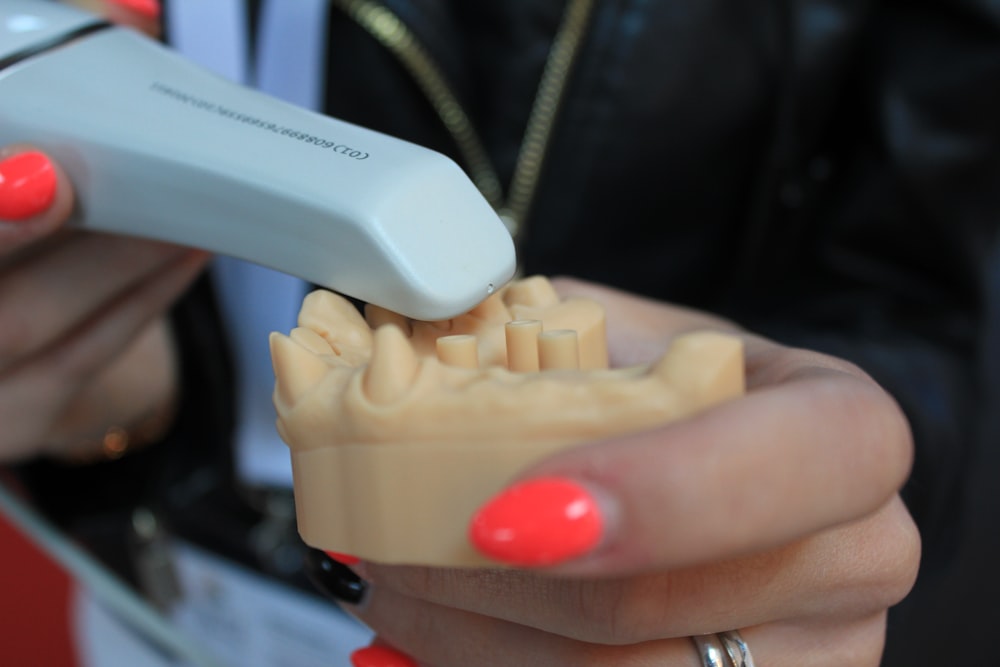The Importance of Sleep
Quality sleep is essential for overall health and well-being. It affects our mood, energy levels, cognitive function, and even our physical health. A lack of sleep can lead to various health problems, including obesity, heart disease, and diabetes.
Creating a Sleep-Conducive Environment
A comfortable and conducive environment is crucial for a restful sleep. Consider the following factors:
- Temperature: A cool, comfortable temperature is ideal for sleep.
- Darkness: A dark room helps regulate your body’s internal clock.
- Noise: Minimize noise disturbances by using earplugs or a white noise machine.
- Comfort: Invest in a comfortable mattress, pillows, and bedding.
Establishing a Consistent Sleep Schedule
A consistent sleep schedule helps regulate your body’s internal clock. Aim to go to bed and wake up at the same time each day, even on weekends.
Limiting Screen Time Before Bed
The blue light emitted by electronic devices can interfere with sleep. Limit screen time before bed and consider using blue light-blocking glasses.
Avoiding Stimulants and Alcohol
Stimulants like caffeine and nicotine can interfere with sleep. Avoid consuming them close to bedtime. While alcohol may initially make you feel sleepy, it can disrupt sleep later in the night.
Managing Stress and Anxiety
Unresolved stress and anxiety can make it difficult to fall asleep. Practice relaxation techniques like deep breathing, meditation, or yoga to manage stress.
Exercise Regularly
Regular physical activity can improve sleep quality. However, avoid intense workouts close to bedtime.
Mindful Eating and Hydration
Heavy meals and excessive fluids before bed can disrupt sleep. Eat a light dinner and limit your fluid intake in the evening.
Creating a Relaxing Bedtime Routine
A relaxing bedtime routine can signal to your body that it’s time to wind down. Consider activities like reading, taking a warm bath, or listening to calming music.
Addressing Sleep Disorders
If you’re struggling with persistent sleep problems, it’s important to consult a healthcare professional. They can help diagnose and treat underlying sleep disorders.
Prioritizing Sleep
Making sleep a priority is essential for optimal health and well-being. By implementing these sleep hygiene practices, you can improve your sleep quality and enjoy the benefits of a restful night’s sleep.


:max_bytes(150000):strip_icc()/morning-after-sex-400x400-5abc7c9ab35940eab22f9591613bb275.jpg)

